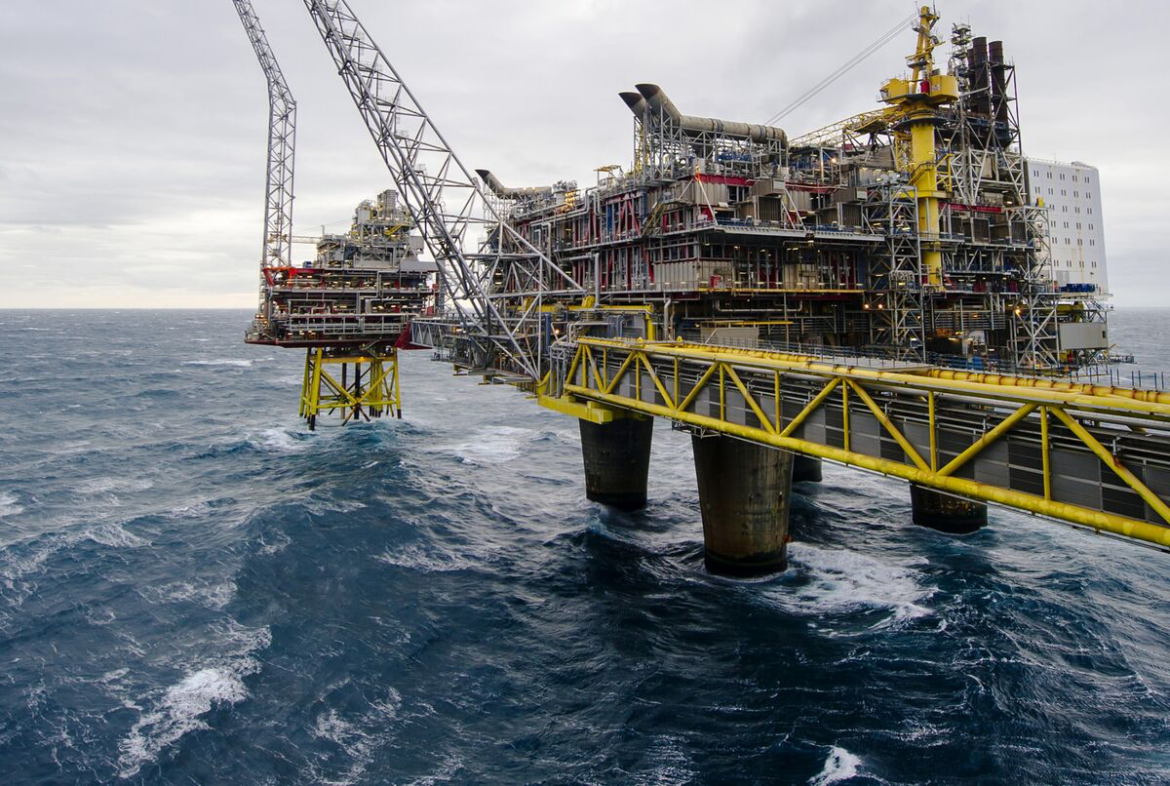Mexico’s incoming President Claudia Sheinbaum is set to confront a significant challenge: fulfilling the dream of energy independence amidst declining domestic crude supply. Despite being a major crude producer, Mexico’s aging oil fields are producing at their lowest levels in over four decades.
Declining Production and Future Imports
Without substantial investment in exploration and production, Mexico may need to import crude oil to support its expanding refinery capacity by the next decade. For years, state-owned Pemex has struggled to meet local fuel demand due to outdated refineries incapable of processing the heavy Maya crude it predominantly pumps. This situation forced Mexico to export crude while importing gasoline and diesel, mainly from the United States.
Outgoing President Andres Manuel Lopez Obrador aimed to end this dependency by commissioning a new 340,000 barrels per day (bpd) refinery in Tabasco. Although the Olmeca refinery at Dos Bocas is over budget and behind schedule, it is expected to help Mexico supply its motor fuel needs temporarily.
However, projections from the energy ministry suggest this self-sufficiency may be short-lived. By 2030, Pemex might have to import crude as domestic production is anticipated to decline rapidly. Even with new fields like Zama and Trion temporarily boosting output to nearly 2.247 million bpd by 2028, production is expected to fall sharply thereafter.
Unmet Expectations and Exploration Challenges
The energy ministry’s most optimistic scenario sees output reaching 2.390 million bpd, while the pessimistic scenario projects 2.164 million bpd. Regardless, all scenarios indicate a decline from 2030, potentially forcing Mexico to import crude to keep refineries running near capacity. This would also mean the end of crude exports.
Despite recent discoveries, the potential of Zama and Trion remains uncertain. Alma America Porres, a former hydrocarbon regulator commissioner, highlighted that Mexico’s proven reserves suggest the shortfall may arrive sooner than anticipated. “The proven reserves give us the most realistic picture of what there is,” she said. “I don’t see a big discovery, one of the scale of Trion or Zama, in the near term.”
Production from older fields like Cantarell has been declining rapidly, and newer fields have not compensated for the losses. While investments have increased refinery processing to about 1 million bpd, it remains insufficient to meet the country’s consumption levels of around 1.7 million bpd.
Strategic Shifts and Future Prospects
Critics argue that the significant investments in the Olmeca refinery could have been better spent on exploration and production, as well as diversifying into renewable energy sources. Lopez Obrador’s administration has not conducted auctions to encourage other oil and gas companies to invest in deepwater and onshore shale production, areas where Pemex lacks expertise and funds.
Carla Gabriela Gonzalez, a former senior hydrocarbon regulator official, emphasized the importance of private sector involvement in exploration. “The exploration part requires a lot of investment, investment that Pemex doesn’t necessarily have money for,” she said. “And that was where private companies added value: because they invested in exploration, and that investment didn’t cost the Mexican state anything.”
Sheinbaum, who has a background in energy engineering and experience with the U.N. Intergovernmental Panel on Climate Change, has proposed spending more on wind and solar infrastructure. While her plans for Pemex remain unclear, her advisors suggest there may be some collaboration with private companies to boost exploration and production.
As Mexico navigates these challenges, strategic shifts and increased investment in both traditional and renewable energy sources will be crucial to maintaining energy independence and supporting long-term economic growth.
Source: Reuters



